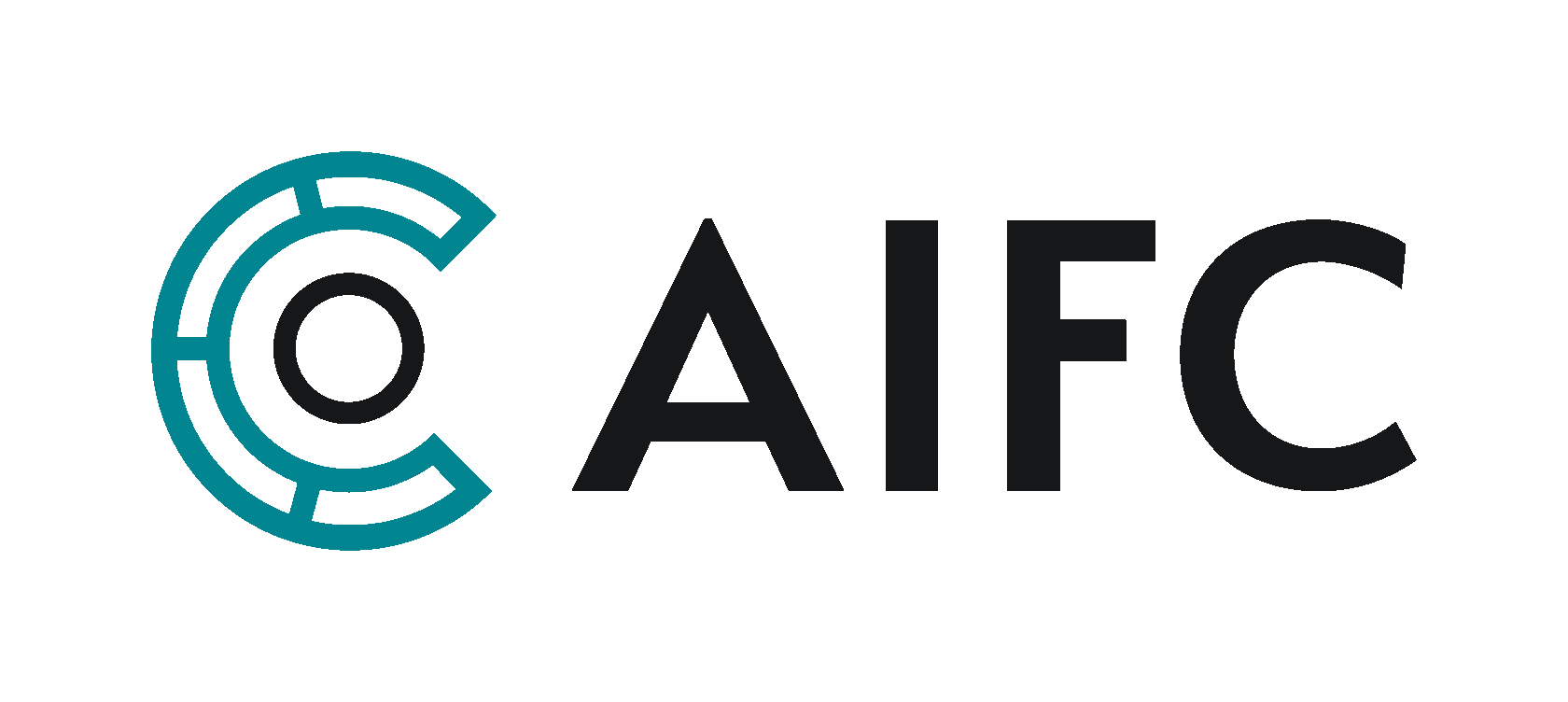Weekly Market Overview:
July 14 - 17
July 14 - 17

The US stock market closed Monday's trading higher. At closing time on the New York Stock Exchange, the Dow Jones index rose 0.20%, the S&P 500 index rose 0.14%, and the NASDAQ Composite index rose 0.27%. Treasury 10-year yields increased 1 basis points to 4.43%. Gold futures fell 0.15% to $3359. Crude oil Brent futures fell 1.63% to $69.21. Of the 11 S&P sectors 3 ended in the red. Energy was the weakest, while Communication Services topped the gainers.
Trading Day: Resisting renewed tariff tensions. World markets were, on the whole, pretty buoyant on Monday as investors shrugged off U.S. President Donald Trump's latest tariff threats over the weekend and braced for a deluge of top-tier economic data from the U.S. and China on Tuesday. Risk appetite held firm - world equity benchmarks inched up, the Nasdaq and bitcoin hit new highs, and silver reached a fresh 14-year peak.
Japan Bond Rout Touches New Pain Point as 10-Year Yield Rises. Japan’s 10-year government bond yield touched the highest level since 2008, increasing the risk that turmoil in the debt market will spill over into higher borrowing costs for businesses and consumers. The upward shift in yields comes amid concerns that government spending is likely to increase in the wake of an upper house election on July 20. Opinion polls suggest the ruling bloc led by Japan’s Liberal Democratic Party may struggle to win a majority. The LDP itself is looking to cash handouts to win voters and opposition parties are eyeing lower taxes.
The Ministry of Economics of the Russian Federation wants to change the conditions for the buy-back of Russian companies by foreigners. The Ministry has extended the list of conditions under which a company may refuse an option. The grounds for refusal may include the foreign investor's connection with an “unfriendly jurisdiction”, the transaction taking place after February 24, 2022, the option price being set below the market price, and compliance with the requirements for the Russian company to properly fulfill its obligations to its employees and creditors. At least two years must have passed since the sale of the asset. It is important that all these conditions are met simultaneously.
AIFC, the holy grail of Kazakhstan’s stock market, awaits reform. «We plan to finalize this issue and present it for review by the Financial Stability Council in the third quarter,» Suleimenov said. «That means we will discuss it internally sometime in September,» he added, noting that the process will involve the government, the AIFC and the National Bank. «After that, we’ll communicate the decisions to experts and the media.» This isn’t just about the exchanges themselves — it’s about ensuring the smooth integration of the AIFC into Kazakhstan’s overall financial regulation framework. While the AIFC is significant, it remains only a part of the country’s financial system. Some issues require closer coordination around financial flows, instruments and tax matters. That’s why we’re taking a comprehensive approach, which includes how the two exchanges interact.

The US stock market closed Tuesday's trading with mixed results. At closing time on the New York Stock Exchange, the Dow Jones index fell 0.98%, the S&P 500 index fell 0.40%, and the NASDAQ Composite index rose 0.18%. Treasury 10-year yields increased 6 basis points to 4.49%. Gold futures fell 0.67% to $3337. Crude oil Brent futures fell 0.72% to $68.71. Of the 11 S&P sectors 10 ended in the red. Healthcare was the weakest, while Technology topped the gainers.
Asia shares struggle, dollar soars on lowered Fed rate cut bets. Asian stock markets were under pressure on Wednesday while the dollar climbed to its firmest against the yen since early April, after U.S. inflation suggested tariffs are pushing prices up, dampening expectations for Federal Reserve policy easing. Data on Tuesday showed U.S. consumer prices rose 0.3% in June, in line with forecasts, but the largest gain since January. Economists attributed the rise in prices across goods such as coffee and home furnishings to the Trump administration's escalating import tariffs.
Hang Seng Index Heads for Highest Close Since Feb 2022. The Hang Seng Index advanced as much as 1.1% on Wednesday, extending gains for a fifth day. Chinese equities are regaining momentum, as geopolitical tensions between the world’s two biggest economies begin to ease. Investor sentiment was further lifted by encouraging macro data Tuesday, showing China’s second-quarter growth surpassing Beijing’s full-year target. Nvidia Corp.’s plans to resume sales of select chips to China added to the optimism.
The head of Euroclear has called the EU's plans for Russian assets an expropriation. The European Commission is considering ways to extract more profit from the €191 billion in frozen Russian central bank assets held by Euroclear because of Western sanctions. It is currently reinvesting cash arising from the redemption of Russian assets mainly through central banks. G7 countries use the proceeds to secure a $50 billion loan to Kiev. Euroclear paid €4 billion to Ukraine last year and €1.8 billion this year.
Kazakhstan pledges cautious revision of production sharing agreements with oil majors. Kazakhstan will not pursue a hardline revision of production sharing agreements (PSAs) with foreign investors operating the country’s largest oil fields — Tengiz, Karachaganak and Kashagan. Kazakhstan’s government argues that the unequal revenue distribution stems from the PSA signed in 1997. That agreement was amended in 2008 to address Kazakhstan’s concerns. Still, changes — specifically the addition of priority payments (royalties) — boosted the country’s revenue share by only about one percentage point.

The US stock market closed Wednesday's trading higher. At closing time on the New York Stock Exchange, the Dow Jones index rose 0.53%, the S&P 500 index rose 0.32%, and the NASDAQ Composite index rose 0.25%. Treasury 10-year yields decreased 3 basis points to 4.46%. Gold futures rose 0.67% to $3359. Crude oil Brent futures fell 0.28% to $68.52. Of the 11 S&P sectors 1 ended in the red. Energy was the weakest, while Healthcare topped the gainers.
Trump says he's not planning to fire Fed's Powell. "I don't rule out anything, but I think it's highly unlikely unless he has to leave for fraud," Trump said, a reference to recent White House and Republican lawmaker criticism of cost overruns in the $2.5 billion renovation of the Fed's historic headquarters in Washington.
Catastrophe bond sales hit record as insurers offload climate risks. Issuance of the instruments, which transfer part of the risk for events such as wildfires, hurricanes and earthquakes to bondholders, has surged to $18.1bn so far this year. That compares with the previous record of $17.7bn for the whole of 2024, according to specialist data provider Artemis.bm.
The number of Russian companies in Kazakhstan declined for the fifth consecutive quarter. The decline follows a boom in Russian business in Kazakhstan in 2022-2023. At the peak, the number of operating companies with Russian roots grew by 3.5 thousand in just the last three months of 2022 (after the announcement of partial mobilization). Despite the negative trend, Russians remain the main foreign entrepreneurs in Kazakhstan. The number of companies of the nearest neighbors, citizens of Uzbekistan and China, in the republic is much smaller: 5.4 and 4.5 thousand respectively. However, they are growing quite rapidly. According to the results of the second quarter, there were 527 more companies of Uzbek businessmen and 503 more of Chinese businessmen.
Kazatomprom and Slovakia reach preliminary uranium supply deal. Kazatomprom has been actively pursuing new partnerships and expanding existing ones with European companies, including Romania’s state-owned SN Nuclearelectrica S.A. In April, Kazatomprom secured a uranium concentrate supply agreement with Czech energy company ČEZ, a.s., to provide natural uranium for the Temelín nuclear power plant. In February, Swiss Axpo Power AG, together with Kernkraftwerk Leibstadt AG, signed a contract for the supply of natural uranium concentrates from Kazatomprom.

The US stock market closed Thursday's trading higher. At closing time on the New York Stock Exchange, the Dow Jones index rose 0.52%, the S&P 500 index rose 0.54%, and the NASDAQ Composite index rose 0.74%. Treasury 10-year yields increased 1 basis points to 4.46%. Gold futures fell 0.41% to $3345. Crude oil Brent futures rose 1.46% to $69.52. Of the 11 S&P sectors 2 ended in the red. Healthcare was the weakest, while Technology topped the gainers.
Asian shares track Wall Street higher, yen weak ahead of Japan vote. Overnight, the S&P 500 and the Nasdaq again closed at record highs as U.S. data including retail sales and jobless claims beat forecasts, indicating a modest improvement in the economy that should give the Federal Reserve time to gauge the inflation impact from higher U.S. tariffs. If PM Ishiba decides to resign on an election loss, USDJPY could easily break above 149.7 as it would usher in an initial period of political turbulence.
China Injects Most Short-Term Cash This Week Since January. The People’s Bank of China added a net 1.3 trillion yuan ($181 billion) of cash into the financial system through seven-day reverse repurchase agreements this week. The move comes as both the overnight and seven-day repo rates climbed above the PBOC’s policy rate this month signaling tighter liquidity conditions. The cash infusion also reflects the central bank’s desire to keep funding conditions ample to support the economy, which remains vulnerable to any pullback in overseas shipments and weak consumer sentiment at home.
OFAC has fined Interactive Brokers for its work with clients from Russia. The American broker conducted almost 12,000 illegal transactions, including servicing margin accounts of Russians and transferring funds to blocked Russian banks. The maximum fine on the aggregate of violations could exceed $5.2 billion. However, OFAC took into account that the violations were not intentional, the company voluntarily reported them, the volume of disputed transactions was less than 0.0001% of turnover, and the benefit to authorized persons was limited. In addition, IB invested more than $10 million to modernize its sanctions compliance system by strengthening screening, implementing new IP blocking tools and conducting independent audits. The company also proactively cooperated with the regulator by providing full information as requested by OFAC. As a result, the penalty was reduced to $11.8 mln.
Logistics mega hub set to be built in Kostanay. The construction of a new transport and logistics complex called Tobyl, valued at approximately $121.4 million, has begun in Kostanay. The project is being carried out with the involvement of Kedentransservice — owned by the national railway company Kazakhstan Temir Zholy — and is supported by the Industrial Development Fund. Its completion is scheduled for 2027.
